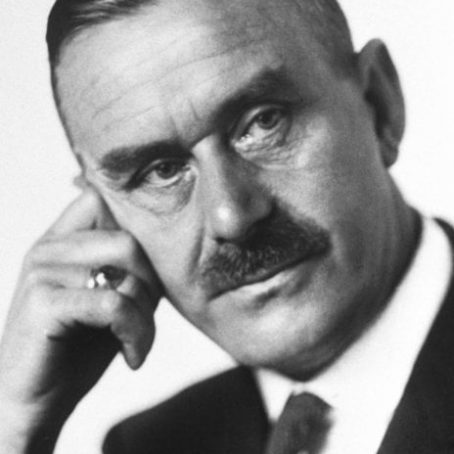
Thomas Mann
Biography and Books
Biography
Thomas Mann (1875-1955) was a German novelist, social critic, and essayist, celebrated for his profound insights into the human condition and the complexities of society. Born in Lübeck, Germany, Mann rose to prominence with his first novel, “Buddenbrooks,” which won the Nobel Prize in Literature in 1929. His mastery of narrative and character development is evident in his later works, including “The Magic Mountain,” “Death in Venice,” and “Doctor Faustus.” Mann’s writing often reflects his interest in the interplay between art and life, exploring themes of individuality, morality, and the decline of society.
In addition to his literary achievements, Mann was an outspoken critic of totalitarianism, particularly during the rise of Nazism in Germany. He emigrated to the United States in the 1930s, where he continued to write and engage in political discourse. One of his notable works during this period is “Bashan and I,” which examines the relationship between the self and the external world in the context of memory and identity. Throughout his life, Mann’s contributions to literature and his advocacy for freedom of thought and expression have left an indelible mark on the literary landscape, solidifying his legacy as one of the most significant writers of the 20th century.
